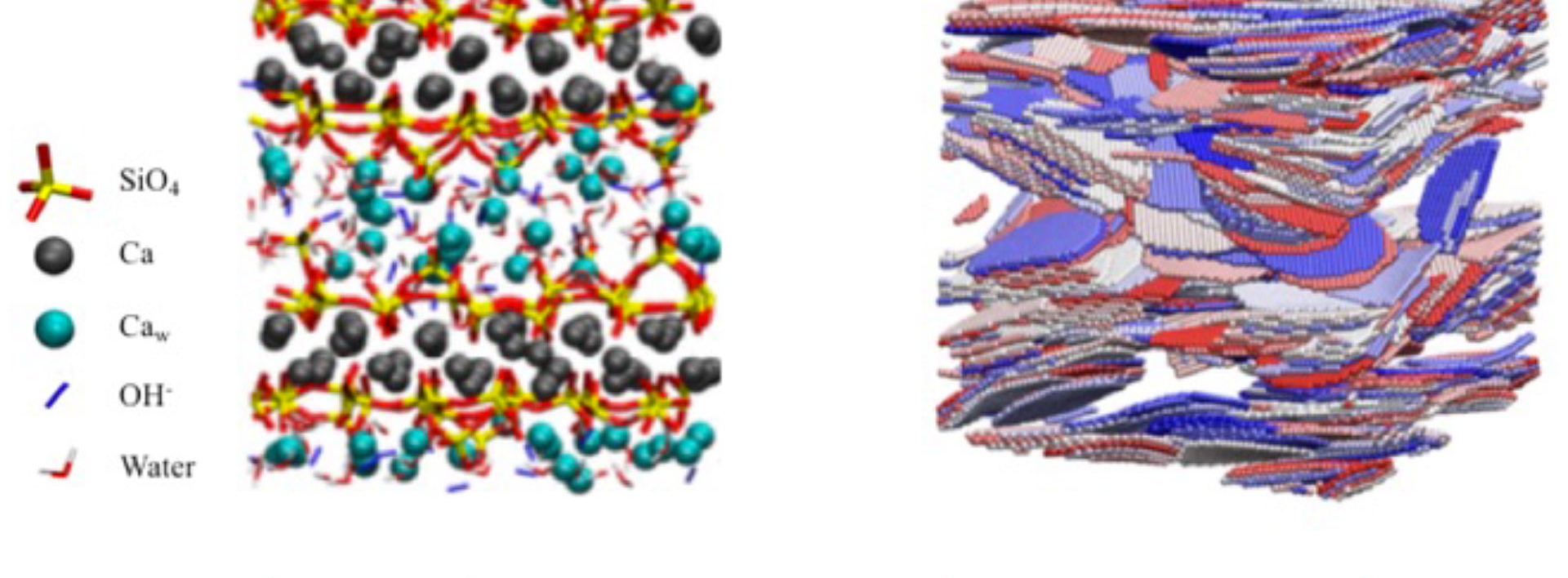OMEIR
RO1 : Life cycle of materials, buildings and infrastructure to reduce the environmental impact of construction
Activités
The objective of this research operation is to propose strategies to assess the life cycle of materials, buildings and infrastructures and to quantify and reduce the environmental pressures associated with structures. The focus is on strategies to provide scientific and technological answers to the management of structures over their entire life cycle, in particular to limit their impact on the environment and resources. This may involve new structures, design solutions associated with a reduction in environmental impact, or the rehabilitation / requalification / re-evaluation of existing structures. This theme is based on a formalisation of the exchange of information of interest to guarantee the performance of the structure (environmental, societal, economic), from the design phase to the dismantling/recycling phase, including the construction and operation/maintenance phases.
In the design phase, the choice of materials is a decisive aspect in order to reduce the impact of constructions. Research activities are carried out on the optimisation of formulation and processes for the manufacture of building materials with low environmental cost or even with a positive environmental impact. Experimental characterisation approaches as well as modelling and simulation are adopted in a multi-technical, multi-scale and multi-physics framework, in very strong synergy with OR2. Strategies adopted include the valorisation of co-products and wastes in construction materials (especially cement-based ones), the immobilisation of pollutants, the use of alternative materials (especially bio-based ones) in construction composites, and the adoption of local solutions (e.g. local aggregates). The design of products, methods and construction systems with targeted performances and new properties are also envisaged. Materials for CO2 sequestration, energy storage, moisture regulation and indoor air quality and phase change materials are of interest. At the scale of building-integrated systems, the focus is on external insulation systems and active walls. Research on system design for local transfer optimisation and thermal comfort is also conducted.
In the operational phase, the focus is on energy, acoustic and comfort assessment of buildings. This activity concerns the diagnosis of the performance of existing buildings using digital tools such as thermal simulations and building information modelling (BIM) in conjunction with the OR3. This approach is also used to optimise the energy efficiency of buildings. Activities on the energy of eco-buildings integrating the storage and production systems of renewable and recovered energies and the prediction of the energy impact of material choices are also considered.
Manager

OMEIR team
Tulio HONORIO DE FARIA
Associate researcher
